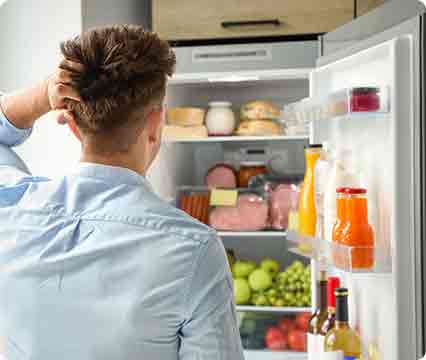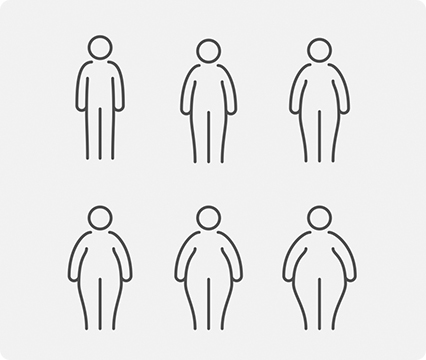Dichotomous thinking about food as an understudied subclinical disordered eating cognition
Dichotomous thinking regarding food & disordered eating behaviors
Dichotomous thinking about food, characterized by the classification of foods into rigid categories such as ‘good’ and ‘bad,’ is an under-researched cognitive pattern within the realm of disordered eating. This cognitive style is notably a symptom of orthorexia nervosa; however, its broader implications remain largely unexplored. This study aims to highlight the insufficient research on dichotomous thinking regarding food and to reveal its associations with subclinical disordered eating behaviors and cognitions. In a study involving a racially diverse sample of 630 women aged 18–44, dichotomous thinking was found to have significant positive correlations (p < .01) with various indicators of disordered eating, including body dissatisfaction, binge eating, cognitive restraint, food restriction, excessive exercise, purging behaviors, a drive for thinness, and anti-fat attitudes. These findings suggest that dichotomous thinking about food is a relevant factor in the study of eating disorder pathology. Consequently, this paper advocates for the inclusion of dichotomous thinking in future research on eating disorders. It is recommended that subsequent studies assess the prevalence of this cognitive pattern across different age groups, genders, and racial/ethnic backgrounds, as well as its potential role in the onset of eating disorder diagnoses. [NPID: Dichotomous thinking, cognitive patterns, disordered eating, cognitive restraint, orthorexia, eating behavior]
Year: 2025
 Navigation
Navigation











